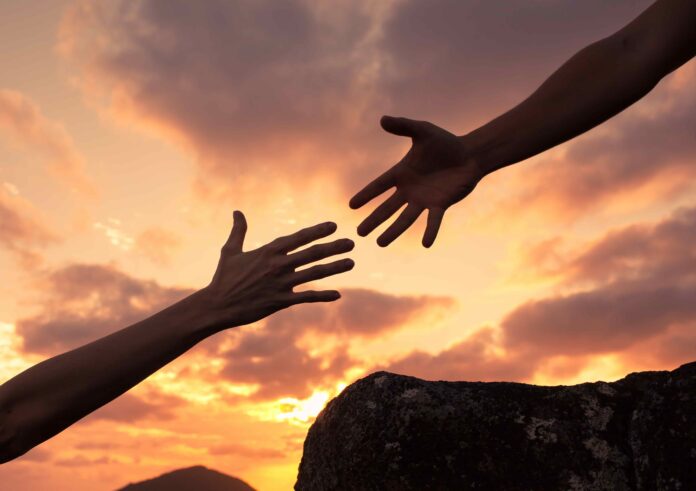Survival Guilt
By Rania Sa’adi,
Rapid Transformational Therapist & Clinical Hypnotherapist
Survival guilt, a profound and often overwhelming emotion, emerges in the aftermath of traumatic events when individuals struggle with the fact that they have survived while others, often close friends or family, did not.
“Survival guilt can cast a long and haunting shadow on those who escape the clutches of death”
A haunting shadow
This complex psychological phenomenon transcends cultural and geographical boundaries, manifesting in various forms and intensities. Whether in the wake of a natural disaster, a wartime conflict, or a tragic accident, survival guilt can cast a long and haunting shadow on those who escape the clutches of death.
“It is a psychological dilemma, where the act of living becomes a source of anguish”
Survivors of traumatic events are frequently left feeling a mix of emotions, ranging from relief and gratitude to profound sorrow and guilt. The internal struggle leaves survivors questioning the randomness of fate that led to their own survival. It is a psychological dilemma, where the act of living becomes a source of anguish.
One of the key elements that contribute to the complexity of survival guilt is the pervasive sense of helplessness. In situations where individuals have little to no control over the unfolding events, survivors often struggle with the notion that their survival was arbitrary and that maybe there was something they could have done, to save their loved ones.
It’s like a movie playing over and over again in their heads, under the premise of “What if?” resulting in an endless cycle of grief and regret.
“individuals may feel guilty for achieving success or stability when others in their community or society continue to suffer”
Economic hardship and cultural injustices
Survival guilt is not confined to situations of physical danger; it can also manifest in the face of more abstract challenges, such as economic hardships or systematic and cultural injustices. In these cases, individuals may feel guilty for achieving success or stability when others in their community or society continue to suffer.
The weight of privilege and the awareness of systemic inequalities can create a sense of moral responsibility that, if left unaddressed, evolves into survival guilt.
This could be widely seen in light of the events of Gaza, a lot of people felt, and still feel, that helplessness and the inability to do anything. And as a result, most of us are trapped in the cycle of agony and anger.
We feel guilty about living our lives in a normal way, while our people are being annihilated; an added layer of guilt for not being able to protect or save others.
Understanding and acknowledgment
One of the best ways to handle this feeling of guilt towards the events happening in Gaza, is to first and foremost understand it and acknowledge it.
The importance of acknowledging and processing survival guilt is a crucial step towards healing. Ignoring or suppressing these emotions can lead to long-term mental health issues, impacting not only the individual survivor but also the broader community.
Acknowledge the fact that survival guilt is a sign of your humanity and empathy. A connection towards your community and your loved ones. You should cherish it and view it as a positive thing that you can take and turn around into power. From that power, you can give endlessly and unconditionally to those in need of
your support.
“You are not helpless, and there is a lot that you can always do”
A constant reminder of our abilities to do more, to help the surviving by speaking up, donating and raising funds, and commemorating the deceased and the lost in many different ways. You are not helpless, and there is a lot that you can always do to honour their memory.
In conclusion, survival guilt is a deep human response to the complex emotions that arise in the aftermath of traumatic events. Recognising and addressing this phenomenon is essential for individual and
collective healing. Constantly reminding ourselves that there is nothing more we could have done to avoid these catastrophic events unfolding in Gaza. And help with whatever we can, and by sending them our prayers
and love.
You can contact Rania Sa’adi at [email protected]






